1. Decide how you need your workplace to change in order to make it better.
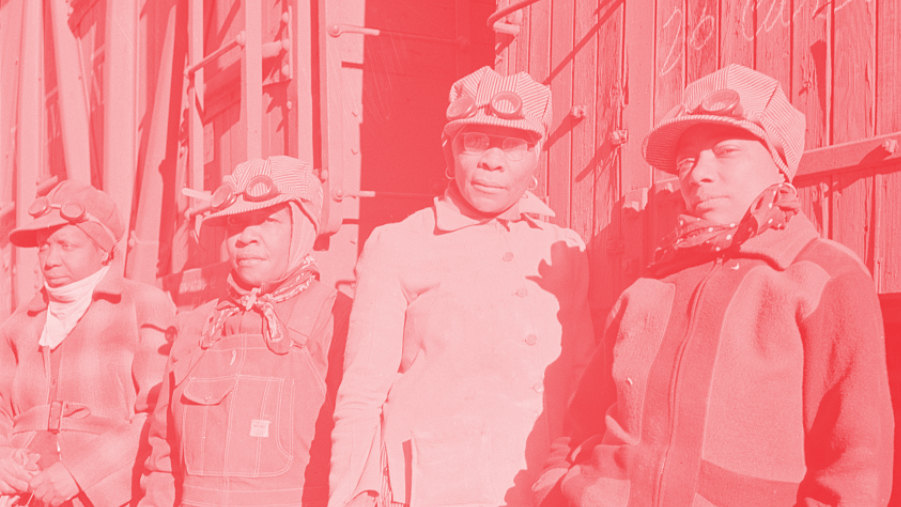
Better pay? Stopping discrimination? Predictable schedules?
2. Make a list of your coworkers.
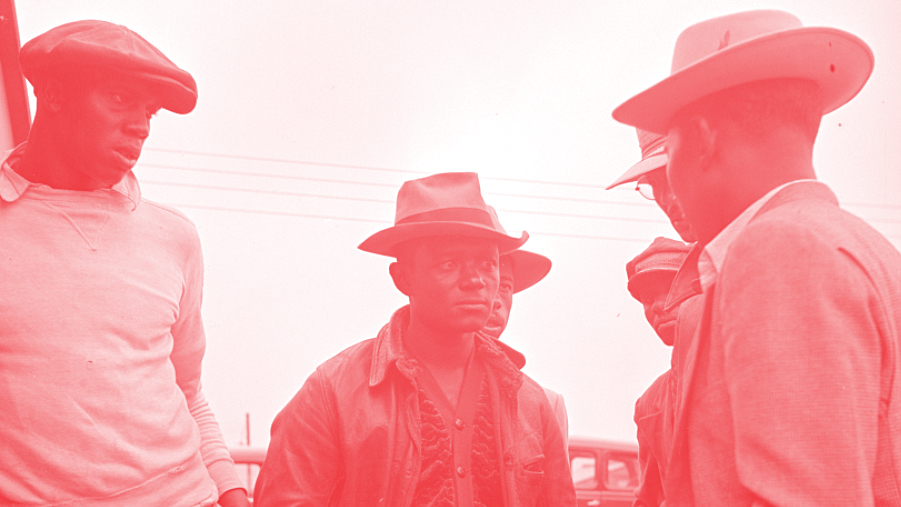
Make a list of all the people you want to organize with including all of their names and contact information.
3. Analyze the sources of your employer’s power and the sources of your coworkers’ power
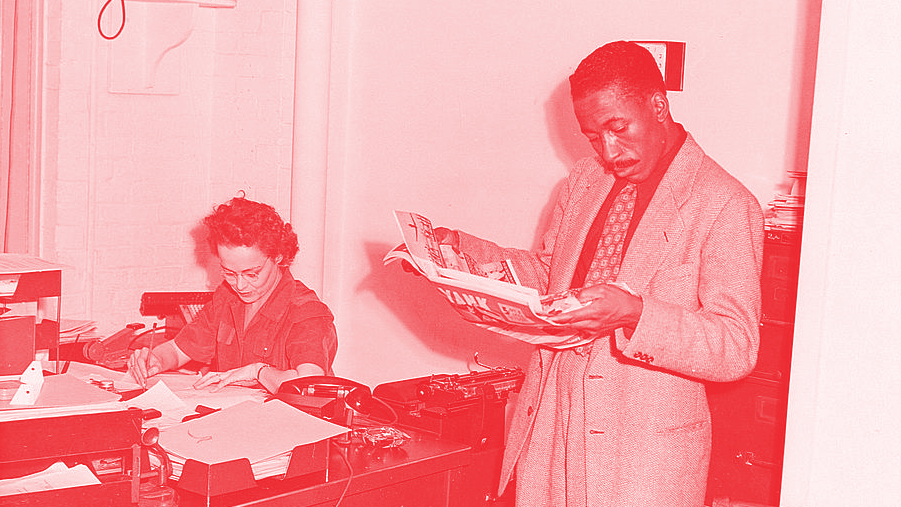
Your employer’s power comes from their ability to successfully generate profit from your labor. When you’re getting organized you need to figure out for yourselves how they go about doing this.
- What are the most profitable parts of the business? Who are the major investors? Who sits on the board? Which politicians has your employer purchased to be on their side?
Your collective power comes from your labor and your ability to strategically withhold it.
- Based on what you’ve learned about the source of your employer’s power, start strategizing about the most effective ways you could withhold your labor.
4. Build your Organizing Committee.

In theory, workers have tremendous power. In reality, employers are generally successful at dividing workers and pitting them against each other.
The first step to building a powerful workers’ organization is to find out who the organic leaders are in your workplace.
- Leaders are well-respected coworkers (not managers imposed on workers by employers) who are good at their jobs, who listen to others and step up to help them out.
Once you’ve identified the leaders, bring everyone together to meet regularly as an Organizing Committee.
- To be an effective Organizing Committee it MUST be representative of all of the social groups in your workplace because your employer will attempt to divide your coworkers by exploiting all of the ways you are different from each other: age, race, gender, job class, educational background, sexuality, etc.
5. Take action and build solidarity.
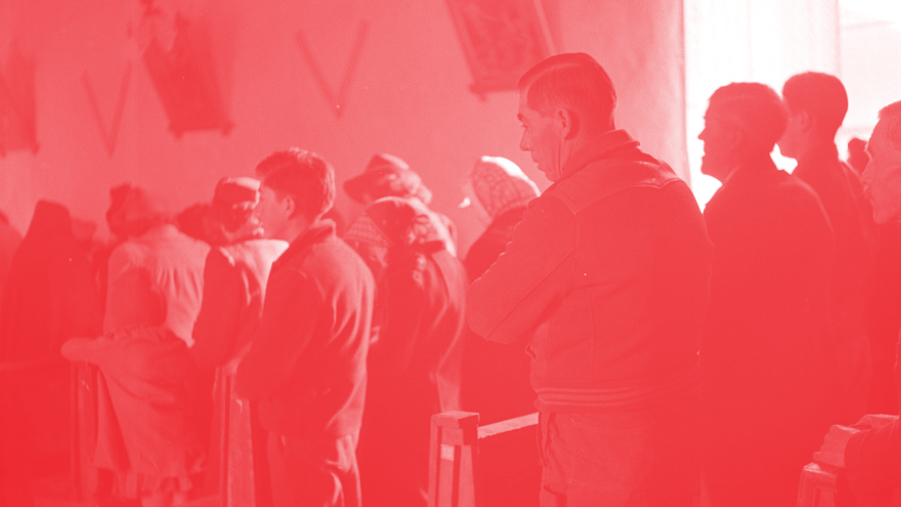
Your Organizing Committee should reach consensus on the goals for your organizing campaign and make a plan for collective action.
Effective collective action involves a majority of your coworkers and disrupts the everyday culture of your workplace.
- Actions can range from writing a letter to your boss, standing up together during a meeting and delivering a message, wearing the same color shirt on the same day, singing a song together before the start of a shift, etc.
- Taking action shows everyone that you have each other’s backs and builds solidarity, which is the key to successful organizing.
Plan a sequence of actions from least confrontational to most confrontational and have lots of one-on-one conversations with all of your coworkers to get a majority on board with the plan.
6. Escalate your actions and respond to the changing power dynamics in your workplace.
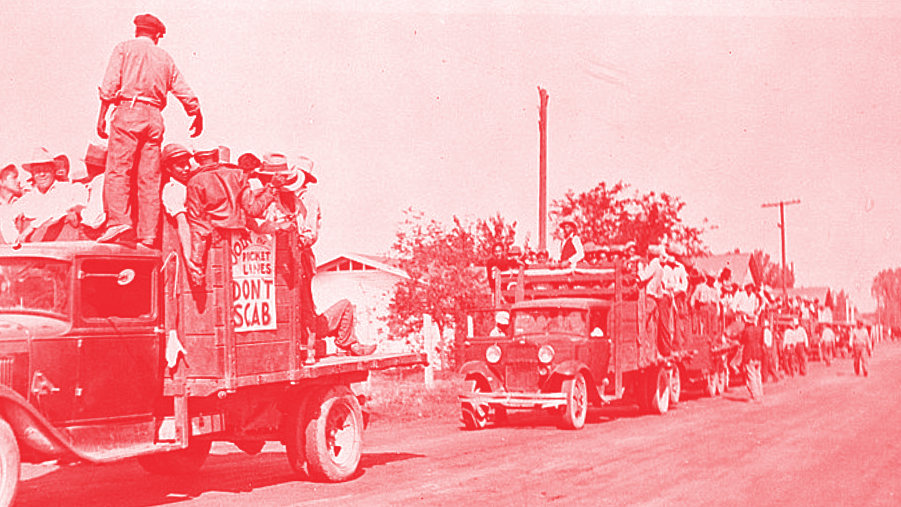
Your actions should escalate in intensity while still maintaining participation from the majority of your coworkers.
As soon as you start organizing you will upset the balance of power at work. This can have lots of unexpected consequences. You and your Organizing Committee need to be in regular contact, with frequent meetings, to share information, build trust and solidarity, and keep the group together.
7. Win!

Plan the most confrontational, powerful action that a supermajority of your coworkers are willing to participate in and make it known to your employer that all of you are serious. Force them to strike a deal with you that achieves your goals. Savor your victory!
8. Repeat from Step 1.
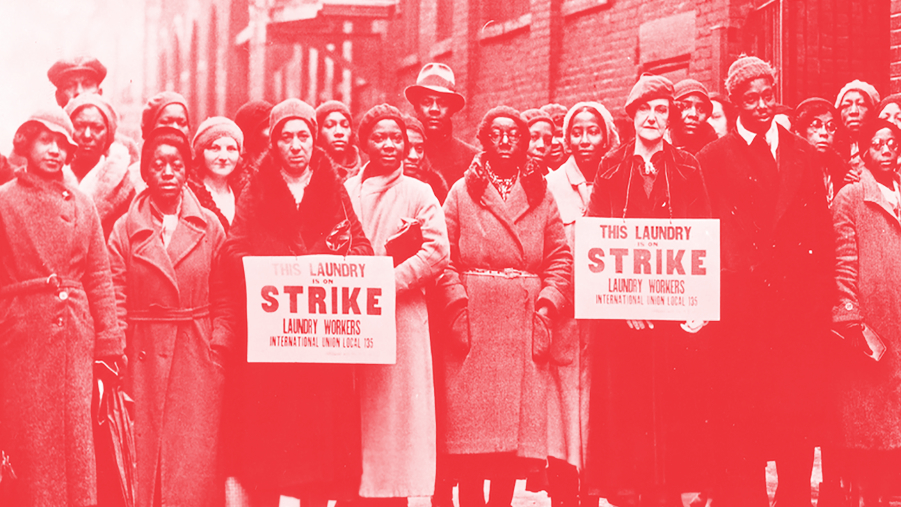
Under capitalism, employers are constantly changing our working conditions in order to maximize their profits.
Your gains are always under threat and your Organizing Committee and coworkers will constantly be changing as people retire, get hired or laid off, or leave for other jobs.
9. Win socialism!
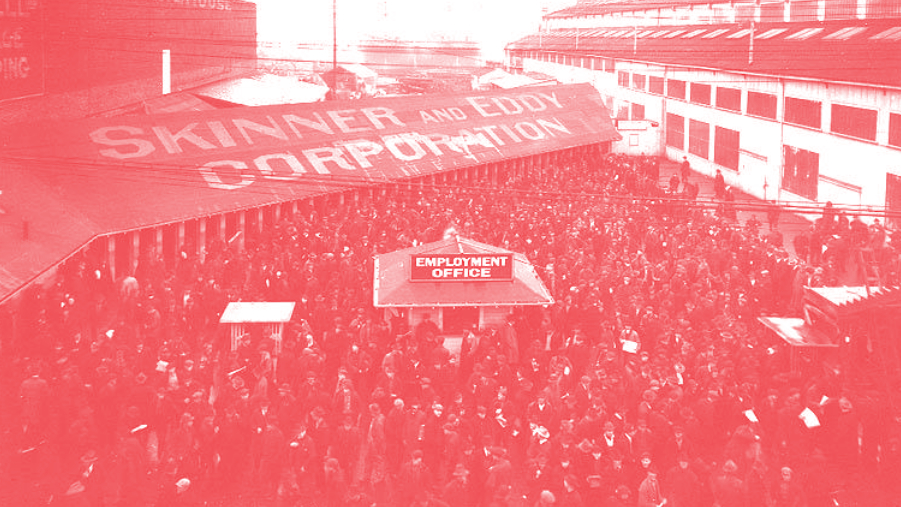
Imagine what we could achieve if huge numbers of workers took coordinated collective action to support the broader struggle for racial, gender, and economic justice?
We will win socialism through the steady development of our collective capacity to mobilize our coworkers to shut down capitalist exploitation at the point where it originates: our workplaces.
Want to learn more?
Join us every Wednesday, 7pm, All Pilgrims Christian Church, Capitol Hill, Seattle.